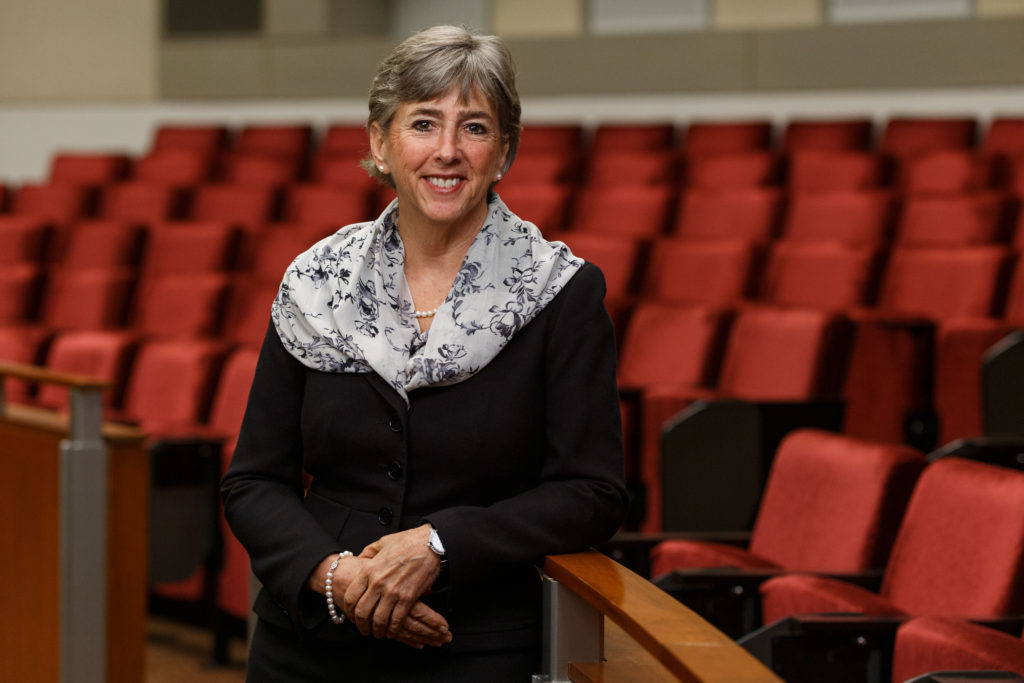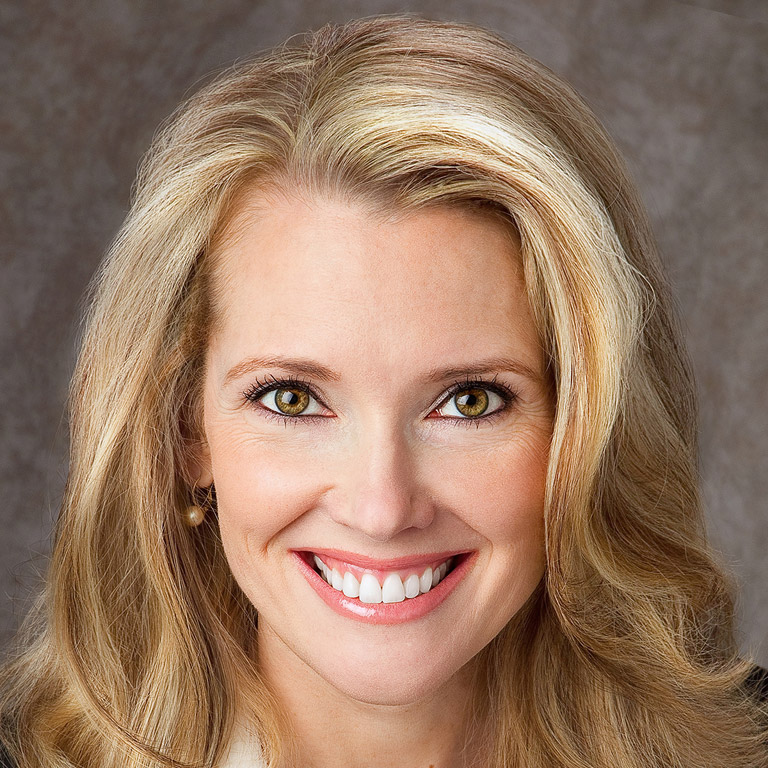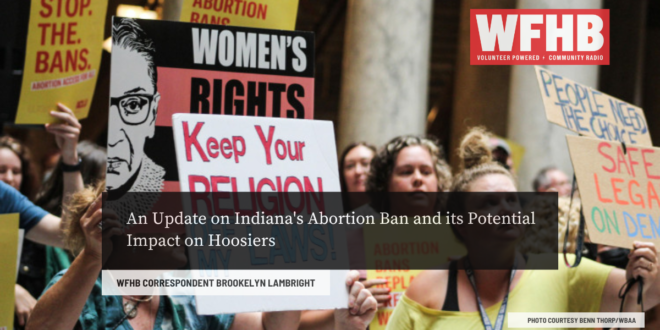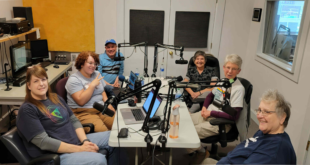Podcast: Play in new window | Download (Duration: 15:19 — 14.1MB)
Subscribe: RSS
In September 2022, Indiana passed Senate Bill 1, which banned abortion in all circumstances except for rape and incest up to 10 weeks post-fertilization, and serious fetal anomalies or health risks to the mother’s life up to 20 weeks post-fertilization. The bill also eliminates all abortion clinics in the state and requires all abortions to be performed in a licensed hospital.
After the bill wreaked havoc on Indiana for nearly a week, Marion County Superior Court Judge Heather Welch issued an injunction making the bill ineffective. Welch issued the injunction after Hoosier Jews for Choice, the American Civil Liberties Union, and five other women challenged the abortion ban on grounds of a violation of Indiana’s Religious Freedom Restoration Act.
Until Indiana’s Supreme Court issues an opinion on SB 1, Indiana’s previous abortion law is currently in effect. It allows abortion in all circumstances up to 20 weeks post-fertilization. As of September 2023, the state will have taken nearly a year to decide whether to pass SB 1. Jennifer Drobac, a law professor at the McKinney School of Law says it’s not uncommon for courts to take large amounts of time to issue an opinion.
“But what some courts do is they kind of wait to see what other jurisdictions do with similar legislation. They kind of wait for a matter to percolate. Another thing that can happen, for example, the United States Supreme Court has done this. They’ll wait until a low media moment, for example, in the middle of the summer or on a Friday night, and they’ll quietly issue an opinion, hoping that whatever is in the opinion, will not make quite such a splash in the media,” said Drobac.

In drafting their opinion, the court may be considering the structural integrity of SB 1. Drobac says the bill has problematic wording. The bill establishes life at the point of conception which scientists and some religions have disagreed with. By denoting life beginning with conception, the bill indicates the state is establishing a religion, which goes against the Free Exercise Clause.
“So that’s problematic [wording of the bill], because that’s defining when human life begins. And of course, at the moment of conception, you do not have a baby by some interpretations, you have a mass of cells. So defining human life at the moment of fertilization is scientifically problematic. It’s also extremely problematic for religious reasons because many religions do not define human life at the moment of conception. Organizations have argued, the ACLU included, that this is an establishment clause, a First Amendment clause violation, in that the state is establishing a religion or is making a religious determination and forcing that perspective on other adherents of different religions and therefore, interfering with the free exercise of alternative religious perspective,” said Drobac.
Besides the problematic wording of the bill, SB 1 proposes and adheres to harmful perspectives about women and bodily autonomy. Shelli Yoder, Indiana’s 40th District State Senator says a law such as SB 1 furthers the idea that women are untrustworthy and incapable of making decisions about their bodies. SB 1 says that women may only receive necessary health care if they endure rape or their life is threatened by the pregnancy. This type of language ignores other factors which may cause women to need an abortion. The bill also harms primary care physicians who, because of the bill, are not allowed to administer the care they see fit to women in need.
“So the legislature, the Republicans are saying, abortion care is health care and has a place in health care, but we don’t trust women or healthcare providers unless a woman is raped or is going to die,” said Yoder.
When asked to provide comment on the harmful impact of SB 1 on Hoosiers, Indiana Right to Life, an anti-abortion organization declined to comment.
SB 1 also establishes no exception for children who get pregnant. Drobac says legislation like this is harming children rather than protecting them.
“We also assume that everyone who becomes pregnant is an adult. And these laws in the states that are banning abortion are not protecting children. You want to protect children, protect them from forced pregnancy, because arguably, it is child abuse and neglect to bar a child from needed medical treatment. No child should be forced to have a baby. Whether or not she was raped. And these laws were not written with children in mind.”
SB 1 will also have an impact economically on the state, according to Yoder. Physicians who fear the loss of their license will leave the state if strict legislation on their practice passes. Women who want greater health care options are more likely to leave Indiana for more progressive states with better options to maternal and infant health care.
“At a very basic level, it’s [SB 1] going to have an economic impact because we will have a less healthy citizenry. Having a good infrastructure in any society is critical, and that infrastructure goes so beyond good roads, bridges, and waterways. We’re talking about infrastructure in terms of health care and education. However, what they fail to understand is, Indiana is sending a very clear message to health care providers that we don’t trust you either. We don’t trust women and we don’t trust health care providers, you could lose your license, you could go to jail. And health care providers are investing hundreds of thousands of dollars into their education and can make a choice on where they want to practice. Indiana will suffer as a result of that. So banning abortion care impacts health care of all kinds,” said Yoder.

While banning abortion care is often regarded as a small privacy issue, Drobac says banning abortion care is forcing unwanted labor upon women. By taking away access to abortion, women are left with little to no options other than to carry a baby they may not be able to care for or financially support.
“When we start thinking of women being conscripted by states, as human life support systems, then I think we really then start to understand what’s happening. This is not just a little privacy issue, this is forced labor. I mean, we have the ability to pull the plug on keeping someone alive when we determine they cannot live independent of that machine. But women are not allowed to pull the plug on a ‘human life’ that cannot survive on its own. Because a fetus cannot exist, most fetuses cannot exist outside of the womb. That was the beauty of Roe versus Wade. Roe versus Wade said that once you can exist outside of the womb, then that fetus has rights.”
Additionally, the Supreme Court’s decision to overturn Roe comes at a time when the United States maternal mortality rates are rising. The U.S. has the highest maternal mortality rate among developed nations with 23.8 deaths per 100,000 live births in 2020. Indiana University’s Center for Research on Inclusion and Social Policy found that Indiana’s maternal mortality rate ranks the third highest in the nation with nearly 44 deaths per 100,000 live births. Within the state, Black women have the highest maternal mortality rate with nearly 208 deaths per 100,000 compared to 108 for white women and 71 for Latinx women as of 2022.
Indiana’s rising maternal mortality rate is the result of a lack of access to maternal health services, inadequate maternal mental health care, and discrimination against pregnant patients based on race, substance use, obesity, and mental health history. The Maternal Mortality Review Committee found that nearly 8% of deaths associated with pregnancy were due to discrimination. Black women are less likely to be taken seriously by health care providers when discussing pain during labor or concerns about their pregnancy.
Yoder says Republicans in the Statehouse vowed to increase state funding to maternal health care in order to improve the rising maternal mortality rate in the state. However, in the last legislative session, Yoder did not see any increased funding to these areas.
“The Republicans said at the onset of banning abortion in Indiana, we’re going to make those investments. We’re going to make sure that we protect health care in Indiana, we’re going to actually increase access to health care, not abortion care, but we’re going to make up for it for access to other other areas of health care. Then I ask you this. Why did they not fully fund SB 4, which was the Public Health Initiative? Why did they not fully fund the Mental Health Initiative in Indiana in SB 1, this session? The financial forecast for Indiana is showing we have [funding] both in the reserves and what’s coming. And yet they say no, we’re actually not going to be true to our word and make those investments. We are going to cut corners once again and cut corners around health care.”
Yoder says Democrats in the Statehouse are working instead to provide more oversight in crisis pregnancy centers. Crisis pregnancy centers provide ultrasounds and can estimate gestational age for pregnant people. They administer health care and services to pregnant people and their families, yet the state has provided no guidelines or requirements for the centers to follow.
“There is zero oversight with these crisis pregnancy centers throughout Indiana. We heard from the floor of the Senate, that these are primary ways that our residents in Indiana get health care when they’re pregnant or when they have small children. That was actually said, spoken from the floor and we are giving them millions of dollars and there’s zero oversight.”
The State of Kentucky faced a similar issue after whistleblower Susan Rames, filed a complaint with the state’s attorney general, claiming the pregnancy center she worked at used expired disinfectant to clean a piece of equipment used in vaginal ultrasounds. The expired disinfectant would not have killed human papillomavirus which is a sexually transmitted infection responsible for 90% of cervical cancers.
Until Indiana’s Supreme Court issues their opinion on SB 1, Yoder encourages Hoosiers to let their district representatives know if they do not agree with legislation being passed. She also encourages Hoosiers to join campaigns that help residents apply for voter registration and get voters to the polls.
“I’ll tell you writing or emailing a personal note your legislator makes a difference. It does. They may ignore you, but they have read it, and they know it. If they never hear from you, they feel like everybody agrees with them. But if they know that you’re out there, it does make a difference now. So get involved in your community in getting out to vote and getting folks registered. Helping statewide candidates who support reproductive freedom, who support democracy, who support the freedoms, liberties, and protections that our constitution set forth. Stand up and get involved in those races. It does make a difference,” said Yoder.
As Drobac said, “If liberty does not include bodily autonomy, then what does it include?”
 WFHB Bloomington Community Radio
WFHB Bloomington Community Radio


